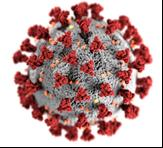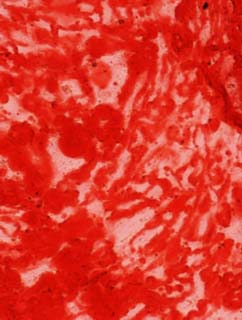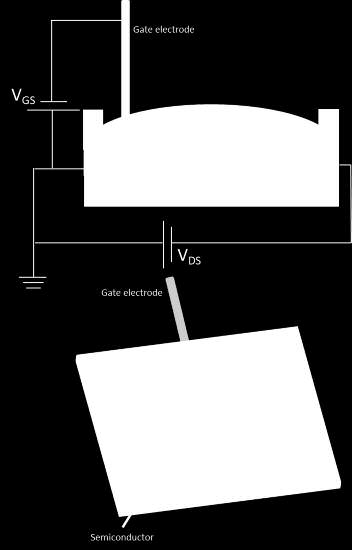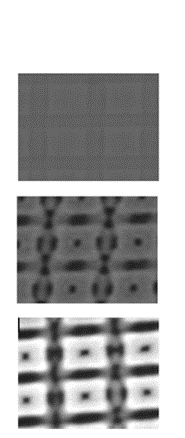CSIC have found that coated iron oxide (IONPs) and iron oxyhydroxide nanoparticles (IOHNPs) can be
used in the treatment and prevention of viral infections caused by Coronaviridae, especially those
caused by respiratory syndrome-related coronaviruses selected from the species “Severe acute
respiratory syndrome-related coronavirus” (such as SARS-CoV and SARS-CoV-2) and “Middle East
respiratory syndrome-related coronavirus” (MERS-CoV). These coated nanoparticles can provide
protection against coronaviruses and represent a new treatment for COVID-19 disease.
Industrial partners from the pharmaceutical industry are being sought to collaborate through a patent
licence agreement.
An offer for Patent Licensing
Use of coated nanoparticles against SARS-CoV-2 infections
Coronavirus SARS-CoV-2 With the start of the COVID-19 pandemic, the inventors have found that IONPs and IOHNPs display antiviral activity against SARS-CoV-2 in vitro.
In addition, by coating the nanoparticles with a suitable organic compound, advantageous properties are displayed. The coating confers biocompatibility to the nanoparticle which can therefore be used at a therapeutically effective concentration in living cells without causing cytotoxicity. It also stabilizes the iron core, slowing down the release of iron, protecting the particles from further aggregation, as well as sustaining the particles in a colloidal suspension that can be intravenously injected.
Moreover, the severity of COVID-19 is negatively correlated with serum iron levels, therefore, in addition to the likely direct antiviral activity of the nanoparticles, the treatment with them could improve patient outcomes.
Main innovations and advantages
▪ The IONPs can be synthesized or, as an alternative, are commerciallyavailable and already approved by regulatory agencies as contrastagents.
▪ The IONHPs can be synthesized or, as an alternative, are commerciallyavailable and already approved by regulatory agencies as antianemicdrugs.
▪ Biocompatible coating which confers stability to the nanoparticles.
▪ Do not present cytotoxicity in vitro.
▪ In an in vitro system, the nanoparticles can efficiently impair virusreplication, transcription and production of infectious virus.
▪ Suitable for oral, intranasal or parenteral administration in combinationwith a pharmaceutical carrier.






